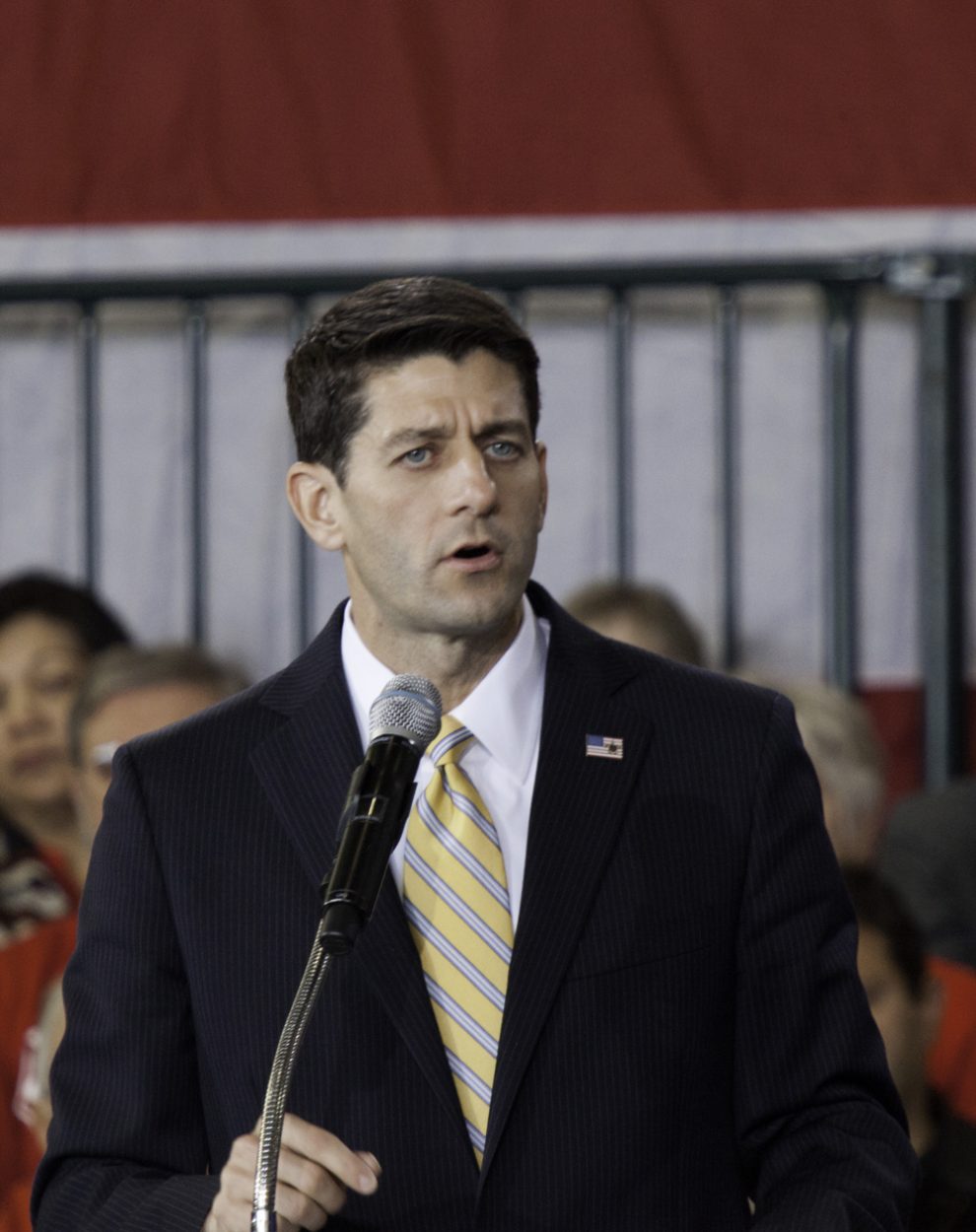Rep. Paul Ryan (R-WI) was named Speaker of the House of Representatives last week, following the resignation of Speaker John Boehner (R-OH), who struggled with the Republican Party’s radicals and their Freedom Caucus on Capitol Hill. Like Boehner, Ryan is also a Roman Catholic, and has insisted that his faith informs his work in public life.
In 2012, just ahead of his bid for the vice presidency as Gov. Mitt Romney’s running mate, Ryan came to prominence by proposing sweeping budget cuts. Despite the fact that those cuts unfairly targeted America’s economically disadvantaged and rewarded the wealthy, Ryan argued that his budget reflected Catholic teachings—specifically, he maintained, the principle of “subsidiarity.” With many other Catholic social justice advocates, I challenged the claim that the Ryan budget was blessed by Catholic teachings. Ryan’s understanding of subsidiarity was flawed, I contended. More importantly, his budget failed to reflect the Catholic teaching those who govern have a preferential responsibility toward the poor. (Disclosure: Later that year I joined the Obama campaign as a national co-chair of Catholics for Obama.) The U. S. Catholic bishops also sent letters to Congress in 2012, contesting many of the cuts proposed in Ryan’s budget.
It was not that the congressman did not know the terms and principles of Catholic social teaching—ideas like subsidiarity, solidarity, common good, universal destination of all goods, care for creation, preferential option for the poor, and so on. It was instead a matter of vision. By default, Ryan saw human life as a marketplace of competition. From that perspective, the economically disadvantaged are either invalids or lazy. The poor are either to be pitied because they lack the capacity to compete or are rebuked for failing to compete. Such an understanding of things is fundamentally inaccurate, because it overlooks the economic and social structures that actually drive poverty. But even more importantly, that understanding is contrary to the Catholic conception of human life—which is not about individuals competing with one another in a Darwin-like competition of the survival of the fittest. Catholic teaching presents human life as a community of solidarity organized around cooperation and caritas. However useful free market mechanisms might be for the economic system, it is wrong to wear those blinkers of free market ideology when one considers human life.
After the 2012 election, though, Ryan impressed all sides by reaching out to his Catholic critics and consulting broadly about what government might do to best address poverty in America. He met with several of his former critics, including Sister of Social Service Simone Campbell of NETWORK (Nuns on the Bus), John Carr of Georgetown University (former head of the USCCB Justice & Peace Office), and Father Larry Snyder, who was then head of Catholic Charities USA. Ryan visited several private and government-sponsored initiatives dealing with hunger, housing, job training, and public assistance. His office sought ideas from think tanks and analysts of every stripe. The upshot was a number of interesting proposed tweaks to existing governmental anti-poverty programs, including some modeled on Catholic Charities.
Unfortunately, no legislation came from the outreach. In 2014, the power of the anti-government Freedom Caucus grew. Restive radicals, suspicious of anything smelling like compassionate conservatism, ensure that the House of Representatives was no longer a conducive environment for policies focused on America’s poor. Ryan assumed the chairmanship of the powerful Ways and Means Committee, put his anti-poverty efforts on the back burner, and focused his attention instead on tax reform.
In assuming the speakership, Ryan is now in a position to put the issue of poverty back on the front burner. Recognizing the pressure that will come from the Freedom Caucus and its libertarian and Darwinist predilections, it will require some courage for the Speaker to do so. But Ryan has demonstrated such courage time and again in public life. Few Catholics in his position have been so clear in linking faith and public service.
Congratulations Speaker Ryan! Make your speakership count and, reflecting the church’s preferential option for the poor, let’s make addressing poverty in America a hallmark of your leadership.
Stephen Schneck’s blog, Church and state, will update every Monday. Follow him on Twitter @StephenSchneck.
Header image: Flickr cc via Timothy Neesam
Image of Paul Ryan: Flickr cc via Starley Shelton














